How Long Does a Washing Machine Last?
A washing machine is an essential appliance to ensure that towels, linens, clothes, and bedding are regularly washed and sanitized. Whether you use a professional cleaner to launder your clothes, take laundry to a local laundromat, or use a personal washing machine in the comfort of your home, it's necessary for your personal hygiene to have clean clothes to wear to school, work, or when you meet up with friends.
So, in the interest of cleanliness, it's a good idea to find out exactly how long a washing machine will last before you start to see signs of wear and tear. Keep in mind that the lifespan of a washing machine can be extended through regular maintenance, though you may also want to consider investing in a warranty to help make repairs more affordable.
Expected Washing Machine Lifespan
When it comes to determining the average lifespan of a washing machine, it's necessary to split these appliances into two categories. Top-load washing machines are the classic style that has been being used for generations and they typically last about 14 years. Front-load washers are relatively new to the market by comparison and they last about 11 years on average.
However, it's important to understand that not every washing machine is manufactured the same, so there will be differences between brands and even between models. Additionally, two identical machines can have different lifespans depending on the conditions in which they are used. If one washing machine is well-maintained and used infrequently, then it will last longer than a washing machine that is used daily and very rarely cleaned, dried, or inspected.
With regular use and ongoing maintenance, a washing machine will last about 10 to 15 years before it shows signs it needs to be replaced. Though, it should be mentioned that during this time, the washing machine may also require minor repairs to keep it working.
Washing Machine Maintenance
In order to keep the washing machine functioning correctly for years to come, it's necessary to keep up with maintenance tasks and avoid common mistakes, like overloading the washer. At least once a month, it's recommended to inspect the washing machine for dirt and grime that can accumulate throughout several wash cycles. Make sure to check under the rubber door seal on a front-load washer, as this is a prime location for debris to build up.
You can also wash and sanitize the machine by running a high temperature wash cycle with a mixture of vinegar and bleach that will kill bacteria, viruses, and other microorganisms as well as getting rid of musty odors. To help mitigate odor problems, make sure to empty the washer as soon as possible after a load is done, then leave the door open to prevent smells from developing and to allow the washer to dry.
During your regular inspection, make sure to check the hot and cold water hoses, as well as the drain hose for any signs of cracking, swelling, or leaking. Hoses can be replaced easily enough, but unseen water damage can cause much bigger problems. Also, before using a new washer, it's important to use the leveling feet on the bottom of the machine to level the washer and prevent it from wobbling or rocking during use.
Signs You Need A New Washing Machine
Over the course of its life, a washing machine can experience several difficulties that may be able to be fixed with minor repairs, but as these issues pile up, it's important to understand when you need to start looking for a new washer.
Leaks
Washing machines can leak from cracks in the hoses, loose connections, worn-out washers, or even a misplaced drain hose, so a leak can often be fixed without needing to invest in a new machine. Replace old hoses and washers to fix these minor leaks and make sure to tighten up the hose connections and check to ensure the drain hose empties into an available drain. However, if the leak is coming from a crack in the tub, it's better to invest in a new washing machine than paying for a costly repair.
Unusual Noise or Movement
If you have ever tried to wash a bulky blanket without balancing the load, then you know that washing machines can make a lot of noise and even shift or jump when the unbalanced rotational force of the spinning drum cause it to hit the sides of the washer. This issue can be fixed by ensuring the clothing, blankets, or other items in the washer are properly balanced and that the washer is not overloaded.
Leveling the washer can also help to prevent it from moving or shifting during use, but if the problem persists, even when the washer is completely empty, you may need to call a washing machine repair professional to determine the cause. The technician can typically provide more insight into the issue, including an estimated cost to fix the problem. If the cost is too high, it's recommended to look for a new model.
Does Not Fill With Water
Water is needed to wash the items that are put into the washing machine, so when the tub doesn't fill with water or it only partially fills, you cannot wash a load of laundry. First, check to make sure the water is turned on to the washer. The incoming cold and hot water hoses typically have an isolation valve that can be turned off to move the washing machine, replace the hoses, or to put in new washers. If these valves are off, then the washer will not fill up.
Similarly, one of the hoses could be kinked, preventing the flow of water into the washer, or a hose could be blocked. Inspect the hoses to try to locate the problem, but if you cannot solve the issue, then you will need to call in a professional or consider upgrading to a new washer.
Warranty Considerations
One of the ways in which many washing machine manufacturers help to instill confidence in their products in prospective customers is to offer a warranty on the washer. Depending on the manufacturer, warranties may cover the entire machine or a selection of parts, so it's important to always read the warranty and ask questions in order to fully understand what this guarantee actually covers, as well as the potential problems or situations the warranty does not cover.
There are also home warranties that you may want to consider, which can help manage the cost of maintenance, repairs, and replacement for a variety of appliances in the home. However, a home warranty is more like an insurance policy in that you pay an annual or monthly fee regardless of whether you actually require maintenance, repair, or replacement services.
Some warranty programs offer a set service fee per visit, instead of charging the exact cost of the repair. This means that exchanging a single washer can cost over $100, but it also means that you would be paying the same amount for a more serious repair.
A washing machine could last over a decade without needing to be repaired even once, especially with regular maintenance. Just keep in mind that it's just as likely that a washer will need repairs before it hits the 10-year mark. So, it's completely up to you whether you choose to invest in ongoing coverage, or you're okay with relying on the standard manufacturer's warranty to protect your investment.
Source: https://www.thespruce.com/how-long-does-a-washing-machine-last-5272534

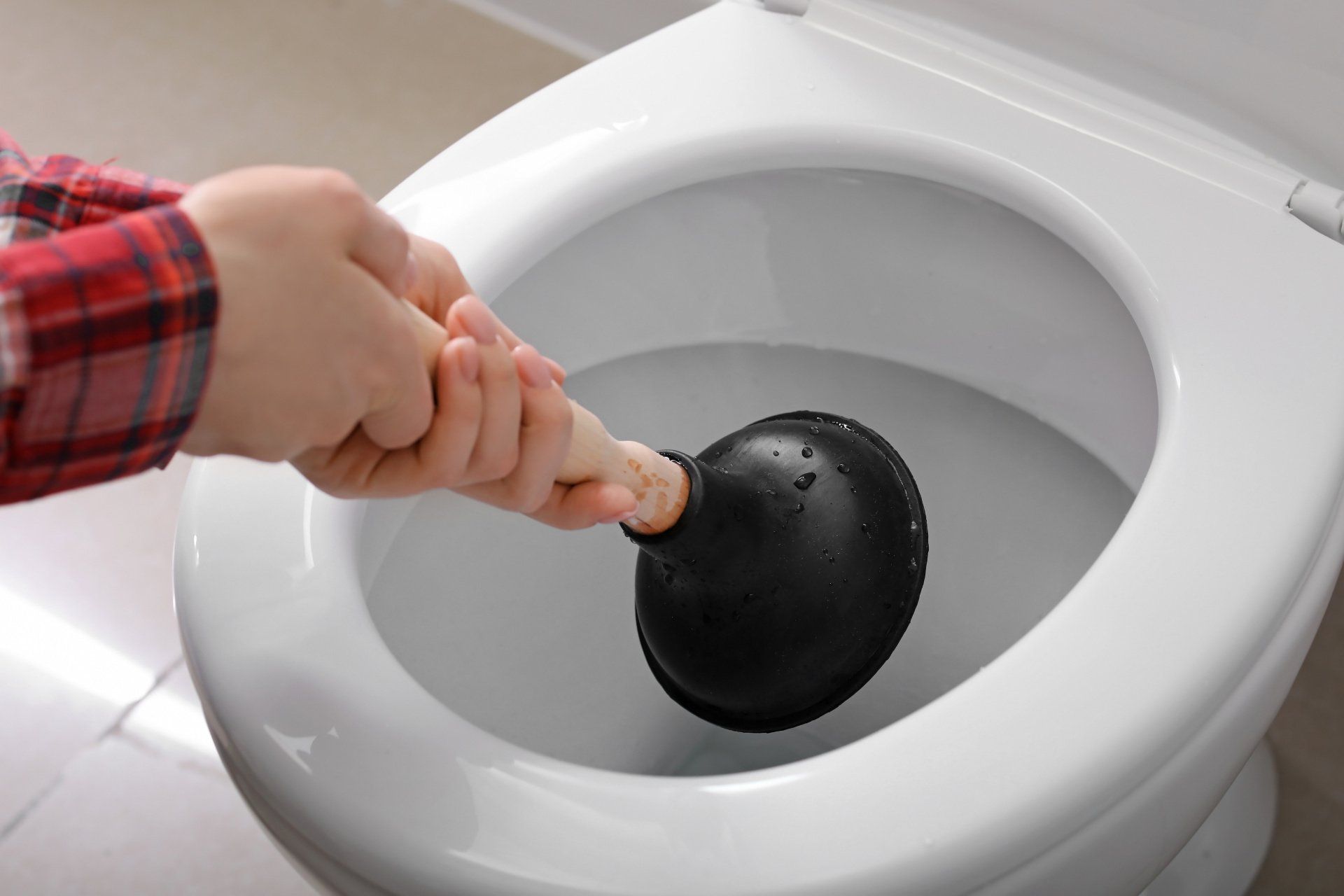
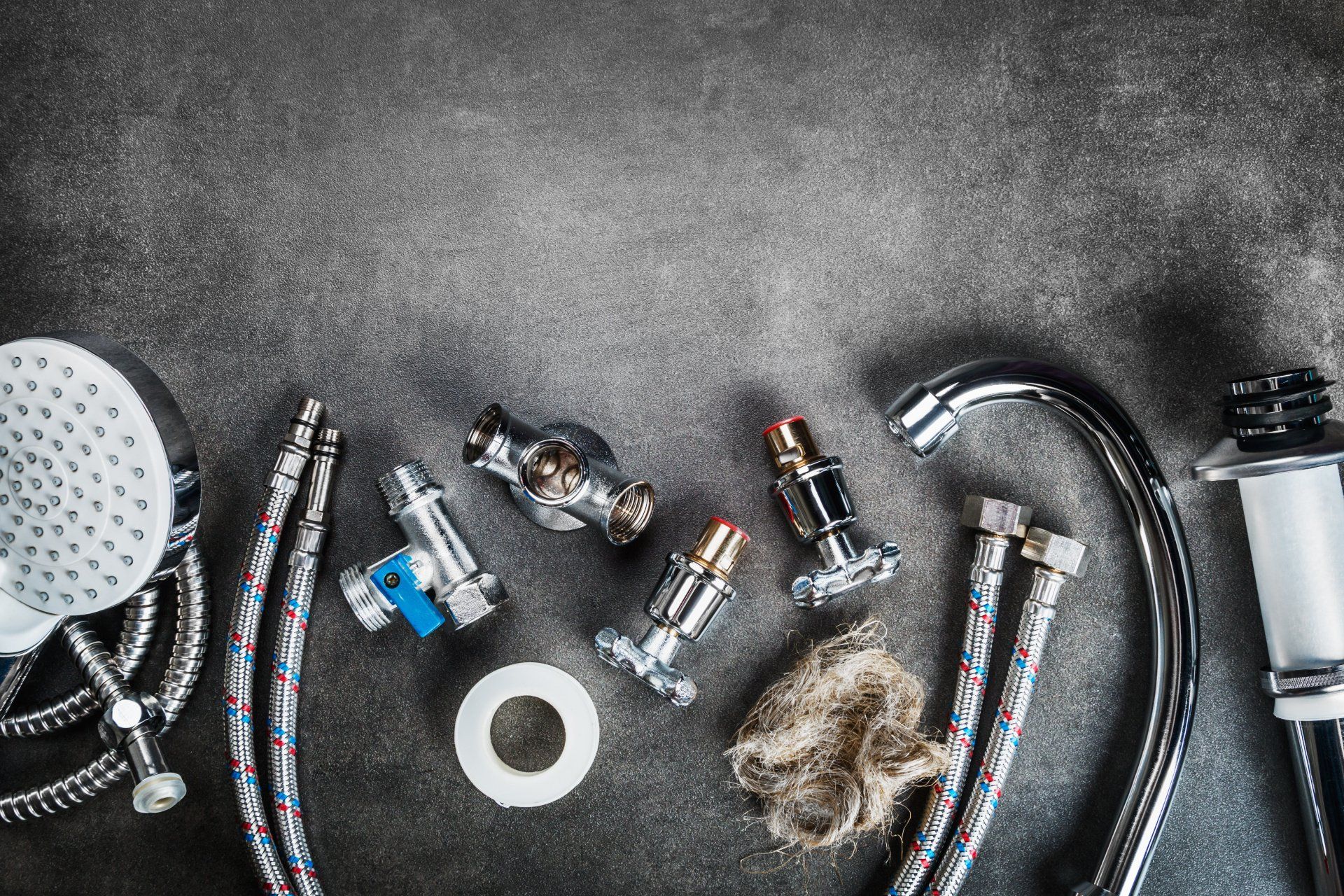
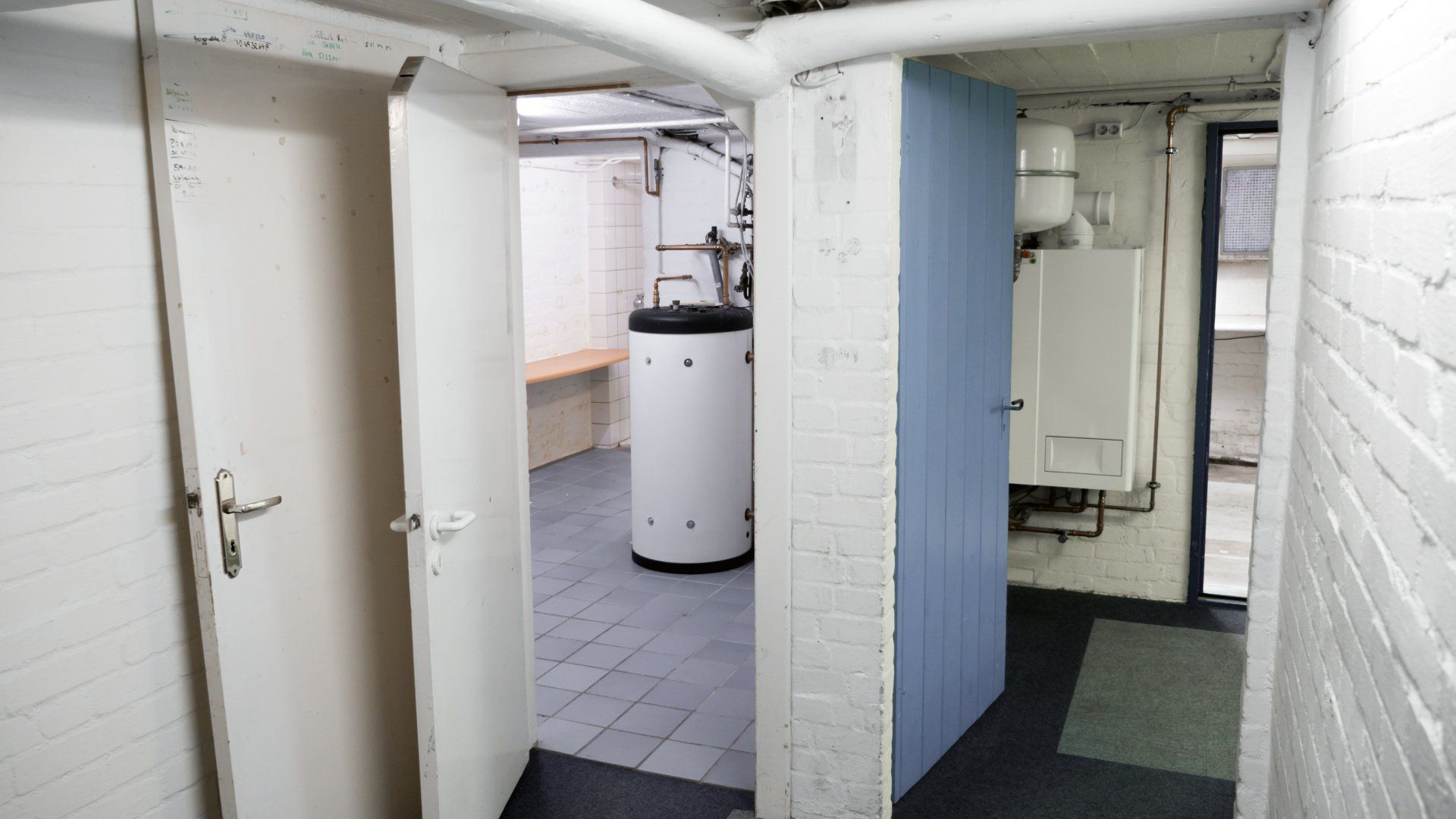
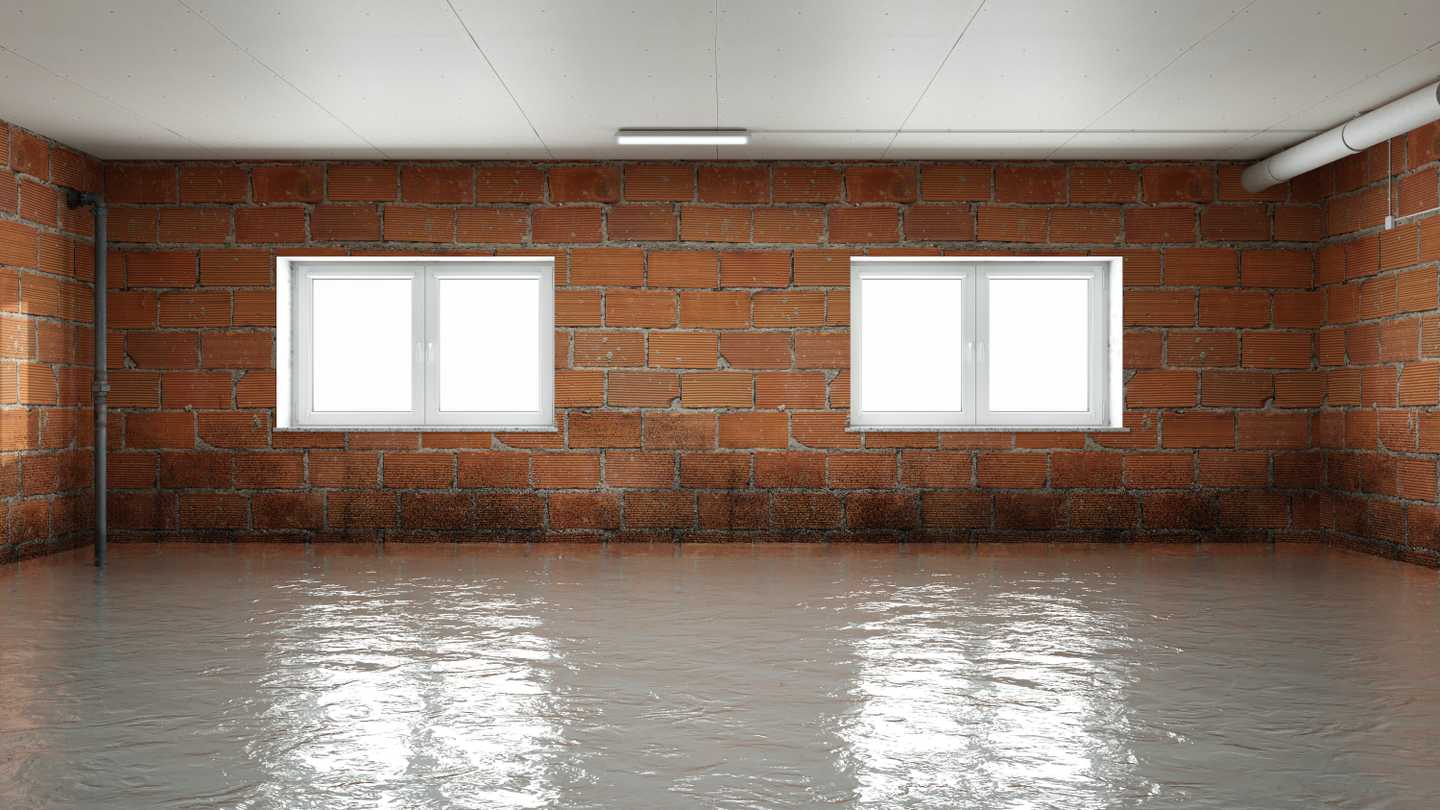
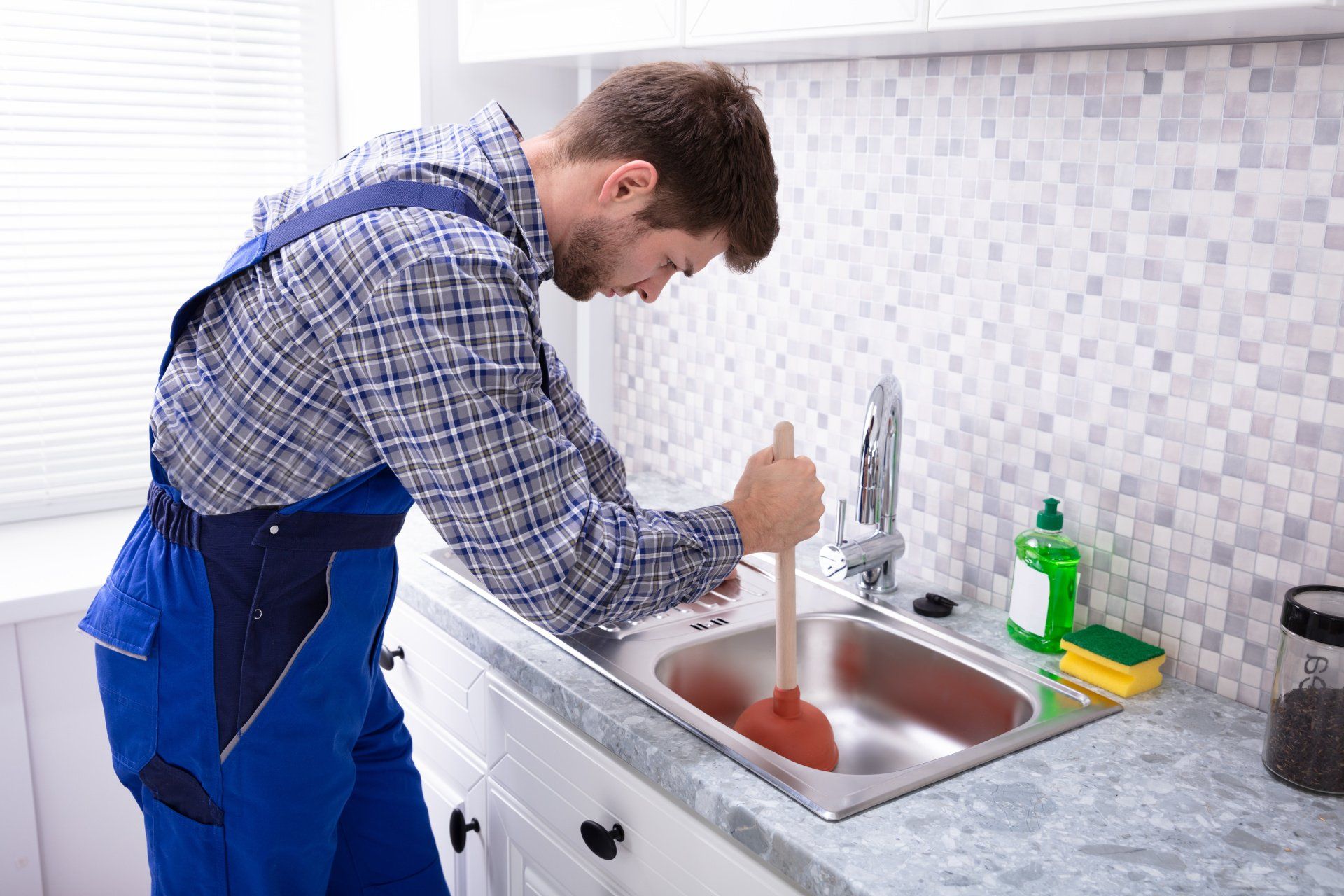
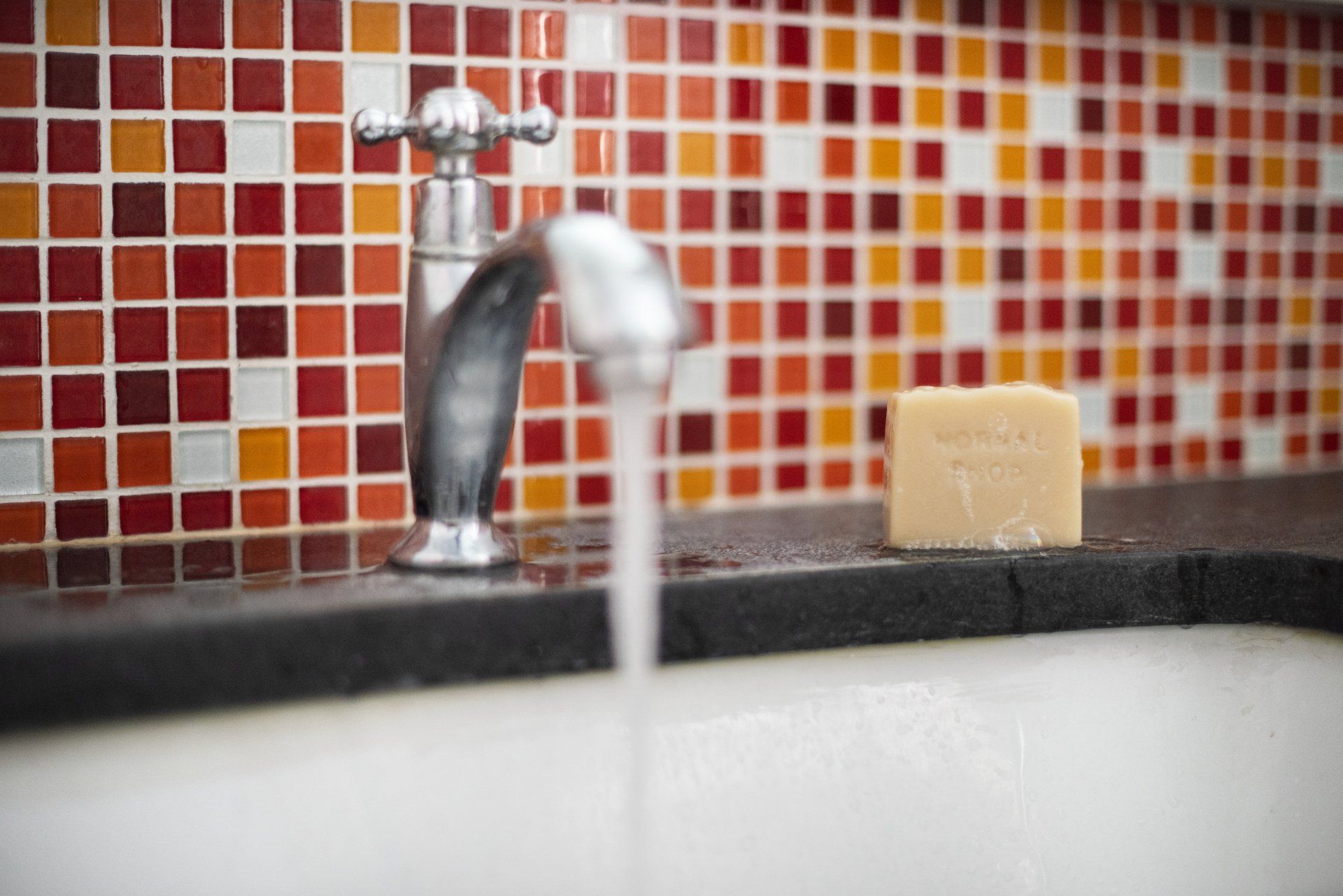
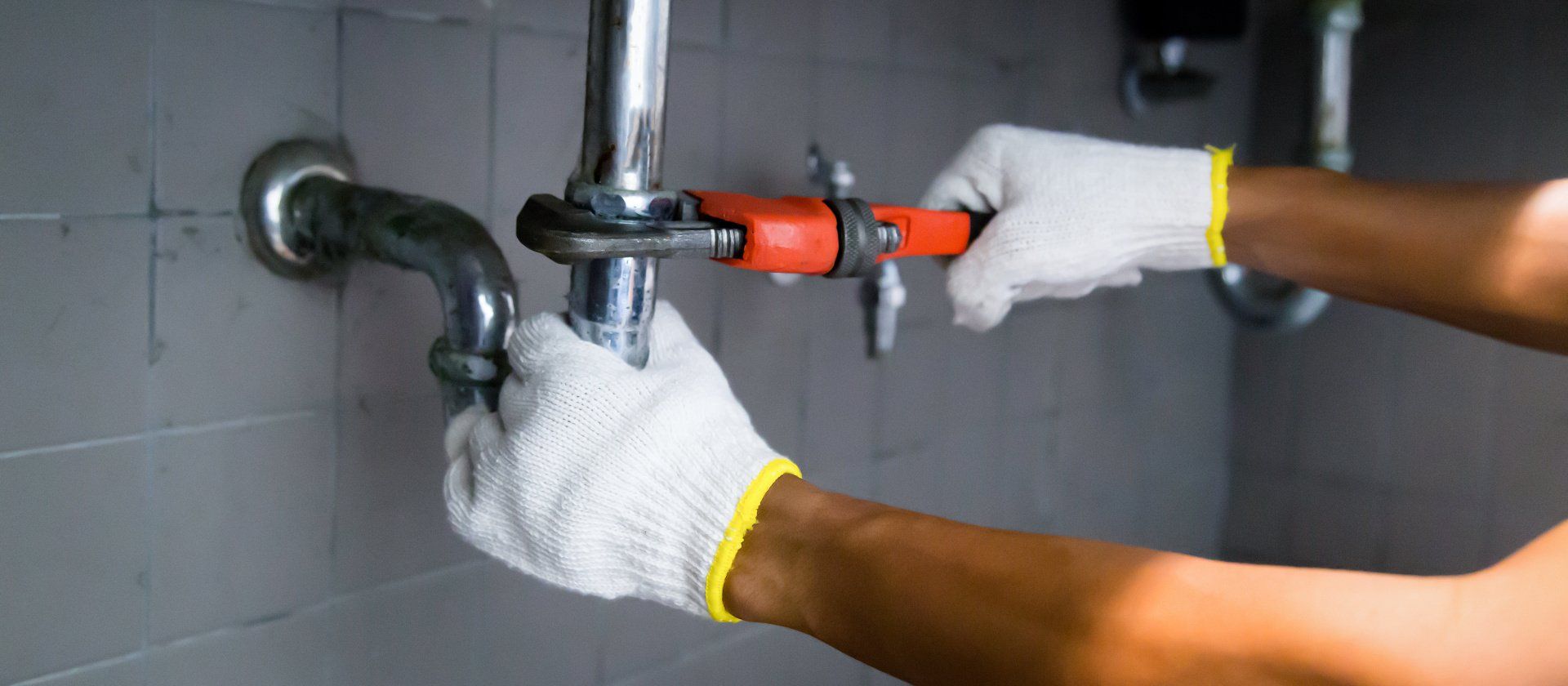



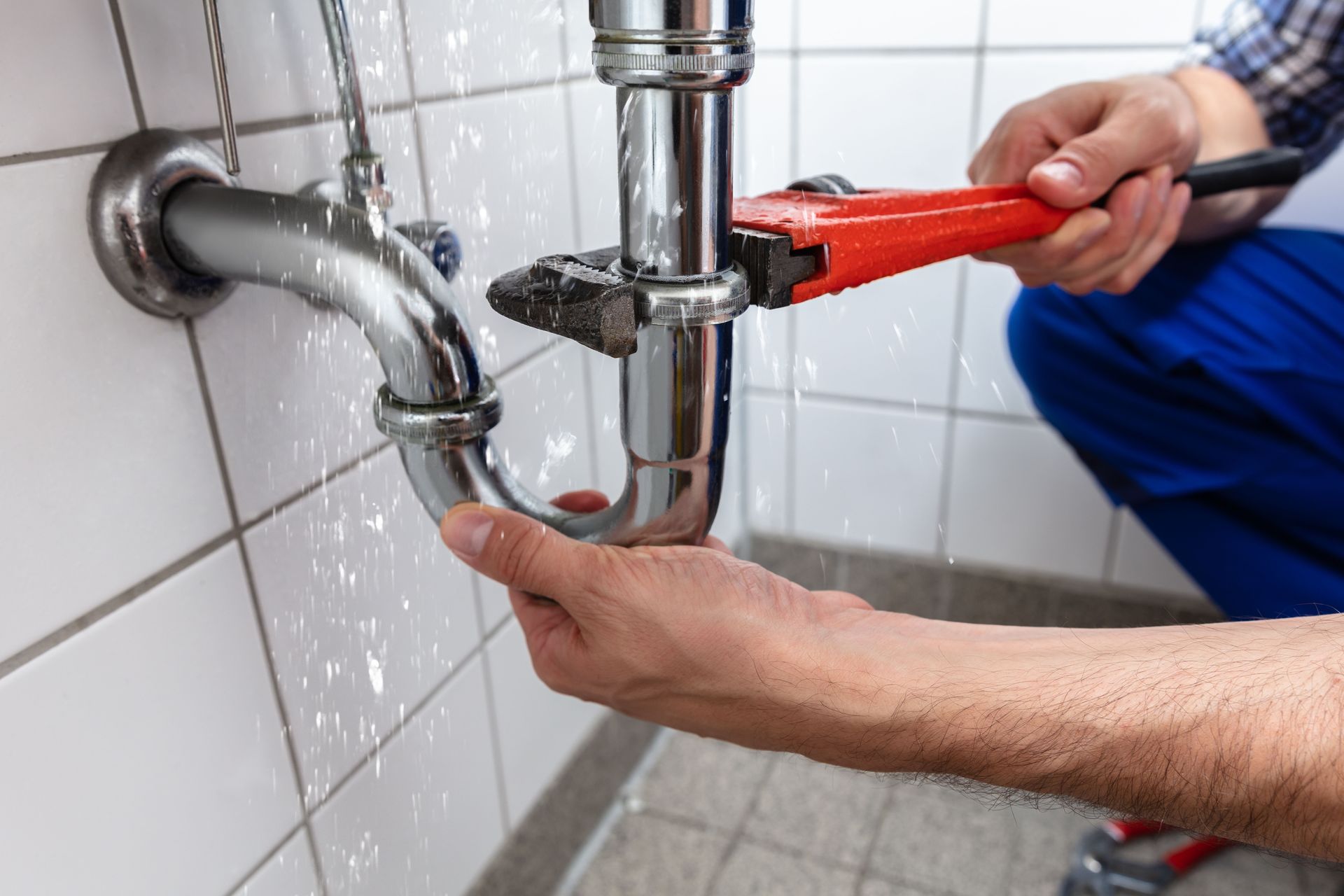
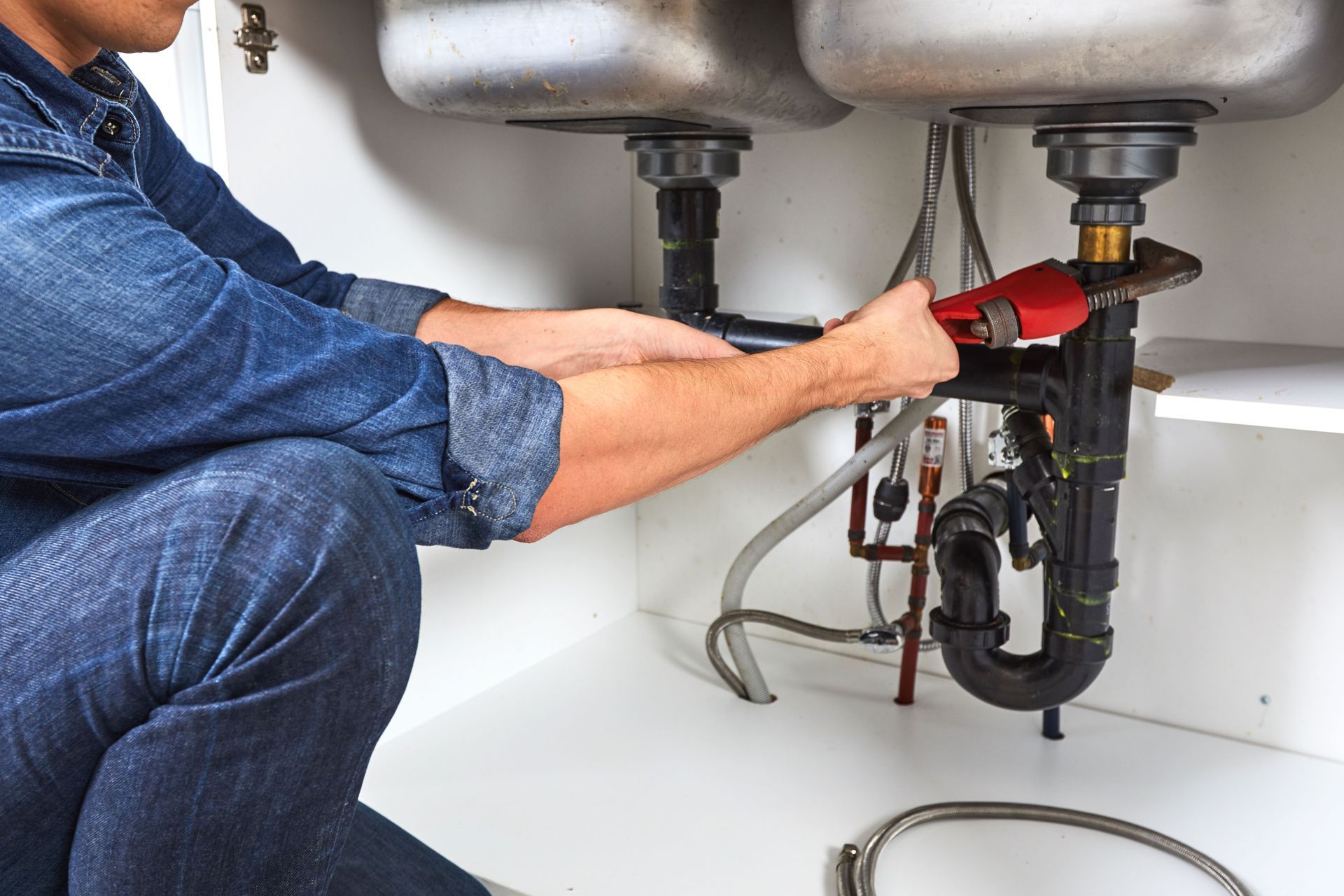
Share On: